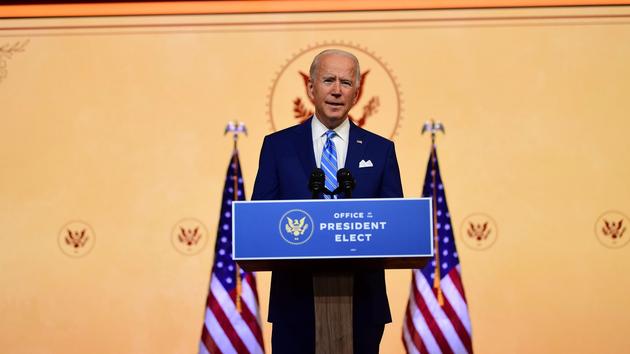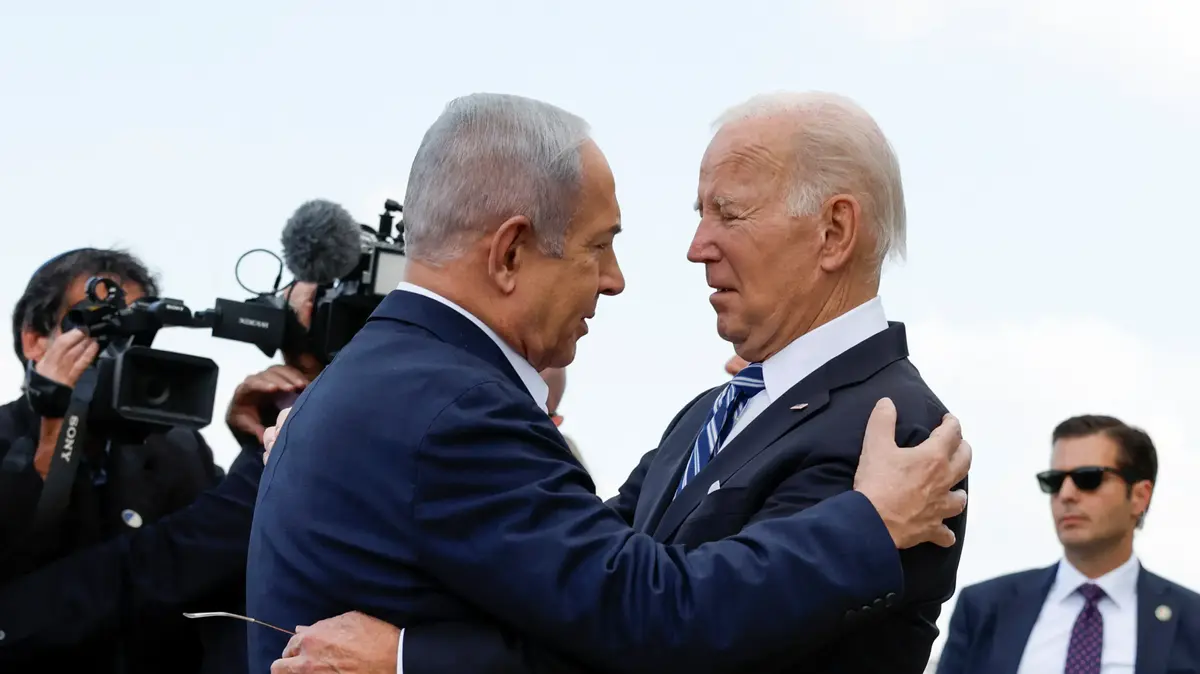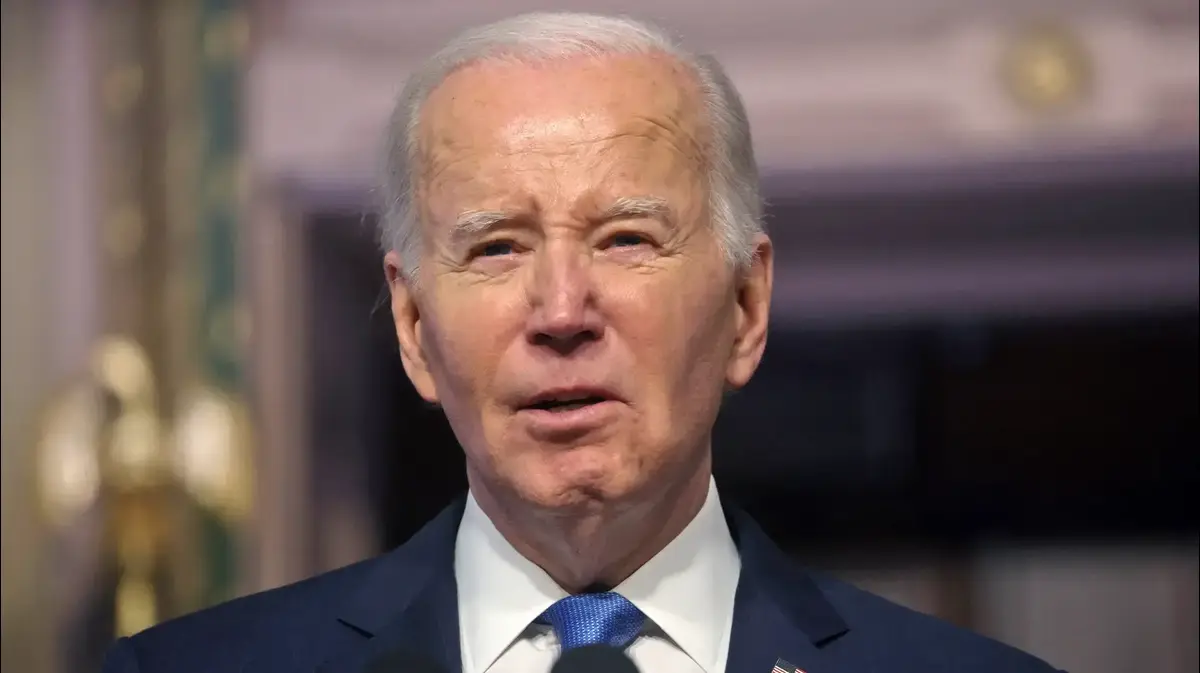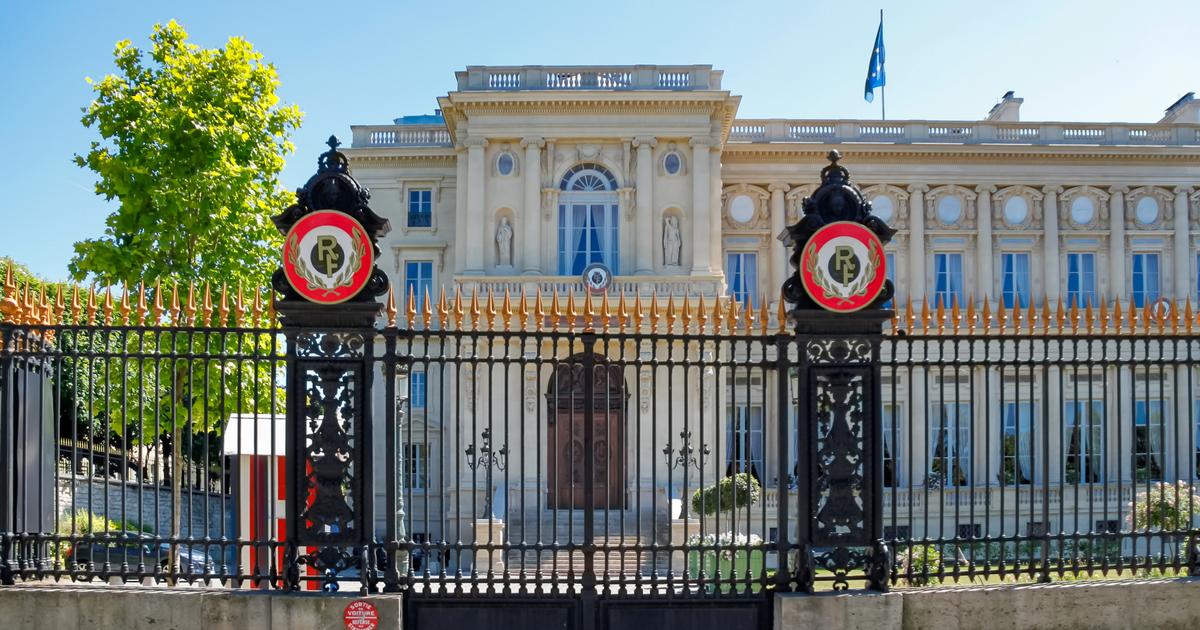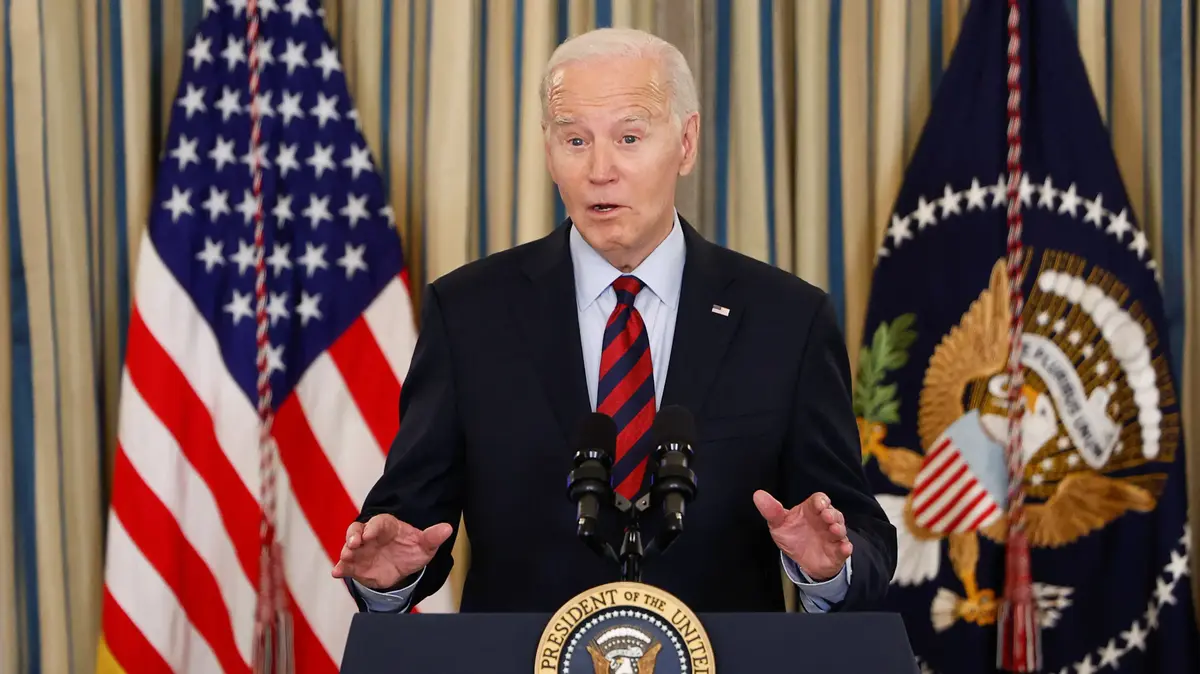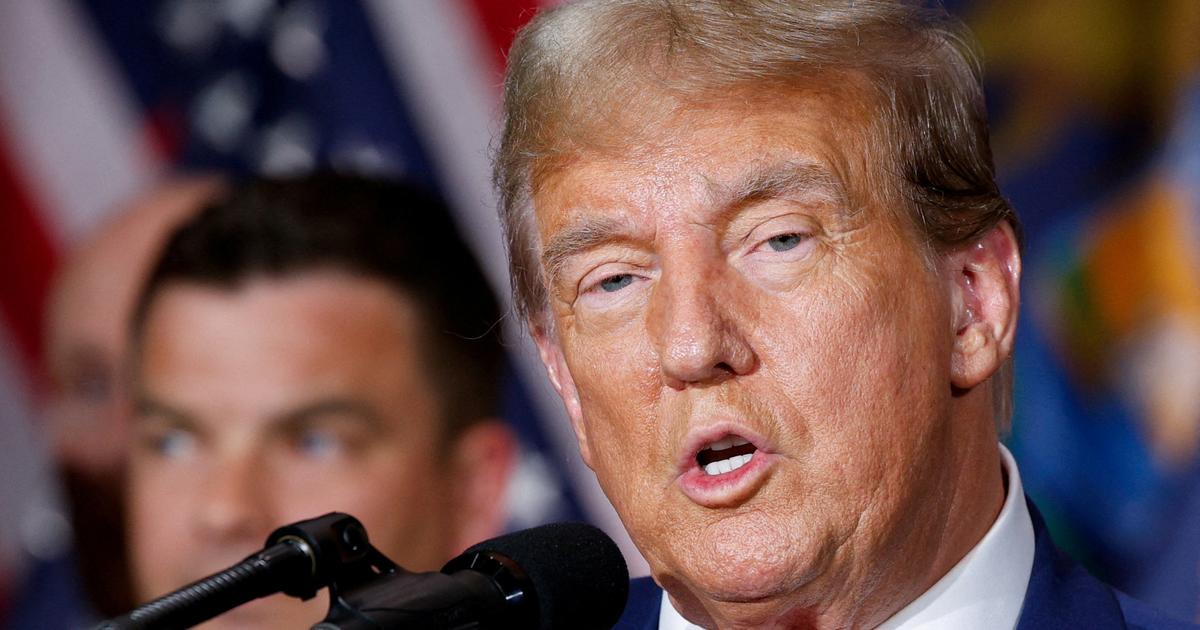Hadrien Desuin is responsible for international issues at the Pont-Neuf foundation and the author of
La France atlantiste
at éditions du cerf.
FIGAROVOX.
- For Joe Biden, the United States is “ready to lead the world”.
Should we expect a less isolationist America?
Hadrien DESUIN.
-
Since 1945, isolationism is no longer an option in the United States.
“
America First
” is a slogan that has been misinterpreted.
This slogan of the Lindbergh years, already disguised once by Reagan, simply meant in Trump that the United States would be great again, in the first place.
Nothing to do with 1940 when American public opinion did not want to fight against the Nazis.
Read also:
"If Trump embarks on a media venture, he will have tens of millions of voters ready to follow him"
It is true that Trump, like Obama, refrained from intervening en masse in Syria, Yemen or Libya, but that did not prevent him from intervening on the Iranian, Palestinian, Korean, etc. question.
He did it unilaterally, which did not prevent the United States from remaining at the center of the game for four years.
You will also notice that while Moscow and Tehran were not bombed, American troops are still present in Kabul and Baghdad and that the many promises of final withdrawal were never honored.
With Biden, we should see a return of the Obama method without the main orientations of American diplomacy changing: maintaining a light presence in the Middle East and being content to surround China and Russia from a distance.
Rather, the question is whether the method chosen will be closer to Obama's first or second term, when Hillary Clinton was at the State Department or when John Kerry was there.
America will take more gloves with the Europeans to intervene in the event of a crisis.
And the latter, flattered to be listened to, will follow the United States with all the more zeal
Antony Blinken, the future Secretary of State and Jake Sullivan, the next national security adviser speak French but rather seem to be part of the Wilsonian branch of American diplomacy, in other words idealist and interventionist, that of Hillary Clinton.
But Biden himself was closer to that of John Kerry during his vice presidency, a bit more realistic and therefore less interventionist.
Let's say America will take more gloves with the Europeans to intervene in the event of a crisis.
And the latter, flattered to be heard, will follow the United States all the more zealously.
The Biden statement you quote fits into the great American messianic tradition.
It is a necessary step for any candidate for the White House: “
Make America great again
” does not say anything else, basically.
The United States is "
the new Promised Land
", called to guide humanity to freedom.
We will see if this is done in a violent or peaceful way.
Biden, throughout his career, has procrastinated a lot.
He is a centrist who can tilt in one direction or another depending on his interests, his sensitivity, his entourage or the political equation of the moment.
But let's not wait for huge upheavals: Biden's America is tired and sick.
"
Multilateralism is back, diplomacy is back
", assured the future American ambassador to the UN, Linda Thomas-Greenfield.
Is this bad news for Europe?
American diplomacy will reinvest in large multinational organizations including the UN with the Paris agreements, UNESCO, etc.
Biden also announced the renegotiation of the Iran deal signed by Obama and Kerry and Sullivan.
This is not bad news for Europe and France, which need these multilateral bodies to be heard, including the United States, in the Middle East.
It is obvious that with globalization, nations must meet and collaborate on the major issues that concern us: security, climate, transport, health, etc.
This will not resolve all disputes, however.
The geopolitical rivalry also takes place behind the scenes and can be hidden behind the photo of international summits with their consensual statements.
Most embarrassing would be a Western NATO-style multilateralism where the United States would use Europe in its rivalries with Russia, China and the rest of the world.
Read also:
No return to the "normal" world after Donald Trump
But I have a feeling that Biden's character, which is rather consensual and not very belligerent, should bring him closer to Kerry-Obama diplomacy than to those of the Clintons.
This should translate in the Middle East by a slight rebalancing in favor of Qatar and Turkey to the detriment of Saudi Arabia and Egypt.
But in Europe, Germany will remain Washington's privileged partner.
Should France take a positive view of the change in personnel at the White House?
Without a doubt.
At least initially.
We will have to remain vigilant and not let ourselves be put to sleep by American diplomacy which is more courteous than the previous one but which will first defend American interests before ours, and that is quite natural.
Let us only know how to defend our independence against the world's leading power, which will be able to rely on European partners who are more Atlanticist than ever.
Let us only know how to defend our independence against the world's leading power, which will be able to rely on European partners who are more Atlanticist than ever.
So that sovereignty is not an empty word, I recommend on this subject an essay published at the end of October,
France-Amérique, un divorce failed
(Cerf), written by a group of experts in international relations.
Many seem to think that this next president will continue Trump's foreign policy towards China.
Do you share this opinion?
Again, the change will be cosmetic.
US-Chinese relations will be more polite and cordial, but the rivalry will remain.
Moreover, it is certain that the Democratic administration will be more careful about the question of human rights.
We must therefore expect tensions with Putin's Russia on the Ukrainian and Belarusian issue, and with Xi's China on Tibet, Xinjiang and Hong Kong.
Keep in mind that American diplomacy is also the responsibility of the United States Congress and in particular the Senate, the majority of which has remained in the hands of the Republican Party.
However, the Congress is even more sensitive to democratic and human rights issues.
Another aspect to remember: American diplomacy is above all economic.
Read also:
Why the fake news of a Washington Post journalist on French Muslims is not anecdotal
Public opinion and its elites orient American diplomacy according to the interests of their companies, their businesses and their taxes.
For all these reasons, a war between the United States and China is unlikely;
a war would have an unbearable cost.
The two nations prefer to compete indirectly on the commercial ground.

